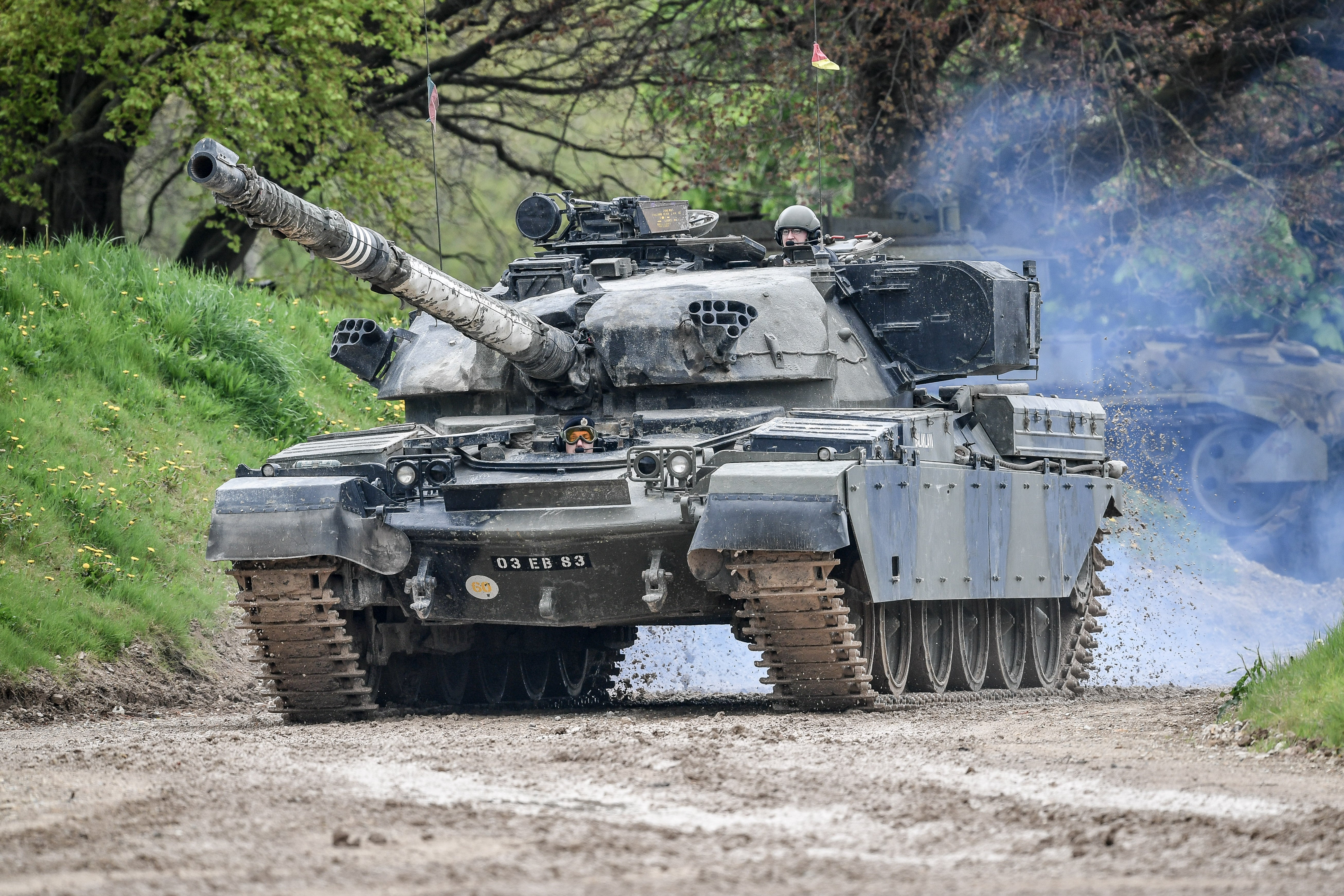Payment of £400m debt helped secure release of Nazanin Zaghari-Ratcliffe
Foreign Secretary Liz Truss agreed to settle Iran’s 40-year-old claim in relation to a cancelled order for British Chieftain tanks.

Your support helps us to tell the story
From reproductive rights to climate change to Big Tech, The Independent is on the ground when the story is developing. Whether it's investigating the financials of Elon Musk's pro-Trump PAC or producing our latest documentary, 'The A Word', which shines a light on the American women fighting for reproductive rights, we know how important it is to parse out the facts from the messaging.
At such a critical moment in US history, we need reporters on the ground. Your donation allows us to keep sending journalists to speak to both sides of the story.
The Independent is trusted by Americans across the entire political spectrum. And unlike many other quality news outlets, we choose not to lock Americans out of our reporting and analysis with paywalls. We believe quality journalism should be available to everyone, paid for by those who can afford it.
Your support makes all the difference.The settlement of a 40-year-old debt dating back to the time of the Shah of Iran was the key to unlocking the deal which secured the release of Nazanin Zaghari-Ratcliffe and her fellow detainees.
The payment of almost £400 million to Tehran was the final step in a carefully choreographed set of diplomatic manoeuvres which saw the British-Iranian mother board the flight back to freedom and her family.
It relates to an order placed by the pro-Western Shah in the 1970s for 1,500 British Chieftain tanks and 250 armoured recovery vehicles for the Iranian armed forces.
An estimated £650 million was paid to International Military Services (IMS), a subsidiary of the Ministry of Defence, for the equipment.
But when the Shah was toppled in the Iranian revolution of 1979, Britain cancelled the order with only 185 tanks having been delivered.
Iran has been trying to get back the outstanding cash for the undelivered vehicles ever since.
In 1990, the Tehran government began lengthy proceedings through the International Chamber of Commerce (ICC), which rules on trade disputes between countries, to recover the money.
In 2001, the ICC found in favour of Iran, a ruling that was upheld on appeal in 2009.
By that time however Iran was the subject of international sanctions over its banned nuclear programme and the UK – while accepting the ICC ruling – said it could not return the money without breaching their provisions.
After Ms Zaghari-Ratcliffe was arrested on spying charges in 2016, her the family said she had been told by her interrogators that her detention was linked to the outstanding debt.
Officially both the UK and the Iranians denied there was any link between the two cases but it was becoming increasingly clear that Tehran saw Ms Zaghari-Ratcliffe and other dual nationals as a form of leverage in thee dispute.
In London, there was a deep reluctance to be seen to be paying anything which might be perceived as a ransom to secure her freedom.
However, ministers have been facing a growing clamour – including from former foreign secretaries Jeremy Hunt, Jack Straw and Sir Malcolm Rifkind – to settle its legal obligations.
When Liz Truss became foreign secretary in September 2021 she was said to have made dealing with the issues of the detainees and the debt her “number one priority”.
At a meeting with her Iranian counterpart Hossein Amirabdollahian at the United Nations in New York – the first face-to-face talks at that level in three years – they agreed to work to resolve the two disputes “in parallel”.
In October, a team of highly experienced Foreign Office negotiators was dispatched to Tehran to begin intensive talks aimed at finding a way through the diplomatic impasse.
Later that month Ms Truss spoke again to Mr Amirabdollahian to give further impetus to the talks.
In December, at a gathering of Gulf foreign ministers at her official country residence at Chevening, she met the Omani foreign minster Sayyid Badr Albusaidi, securing his assistance in the final stages of the negotiations.
In February, Ms Truss held a third meeting with Mr Amirabdollahian in the Omani capital, Muscat, ahead of a final round of negotiations.
The result was that the UK has agreed to pay £393.8 million to settle the historic IMS debt.
In her statement, Ms Truss said funds were being released in “full compliance with UK and international sanctions and all legal obligations” and would be “ring-fenced solely for the purchase of humanitarian goods”.